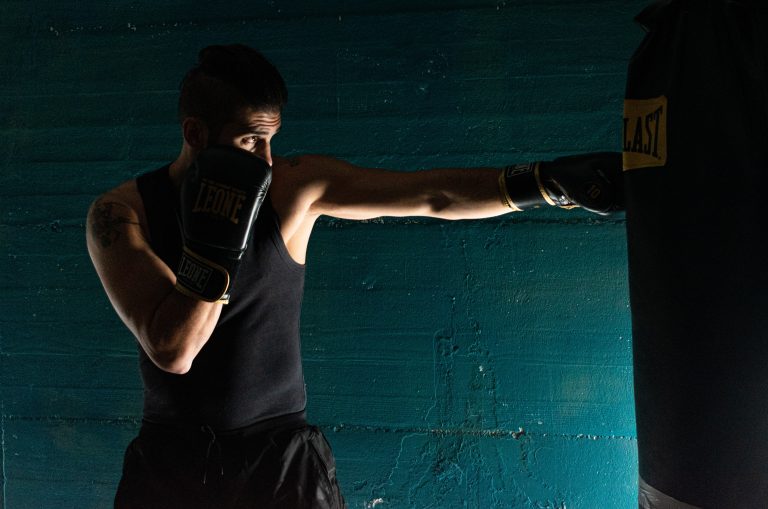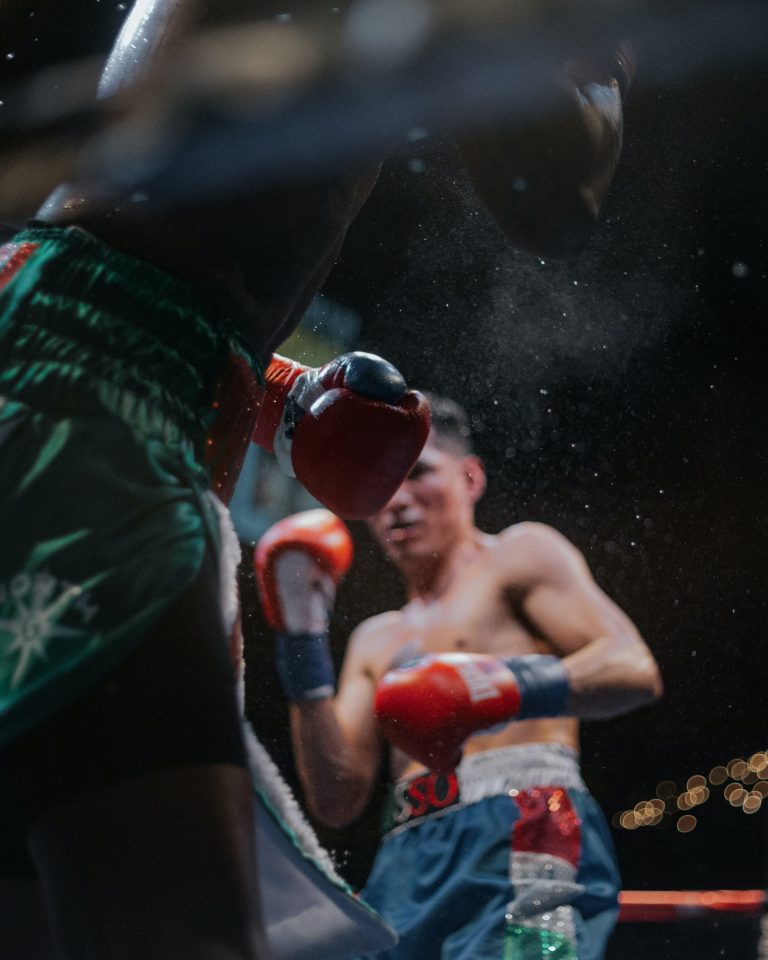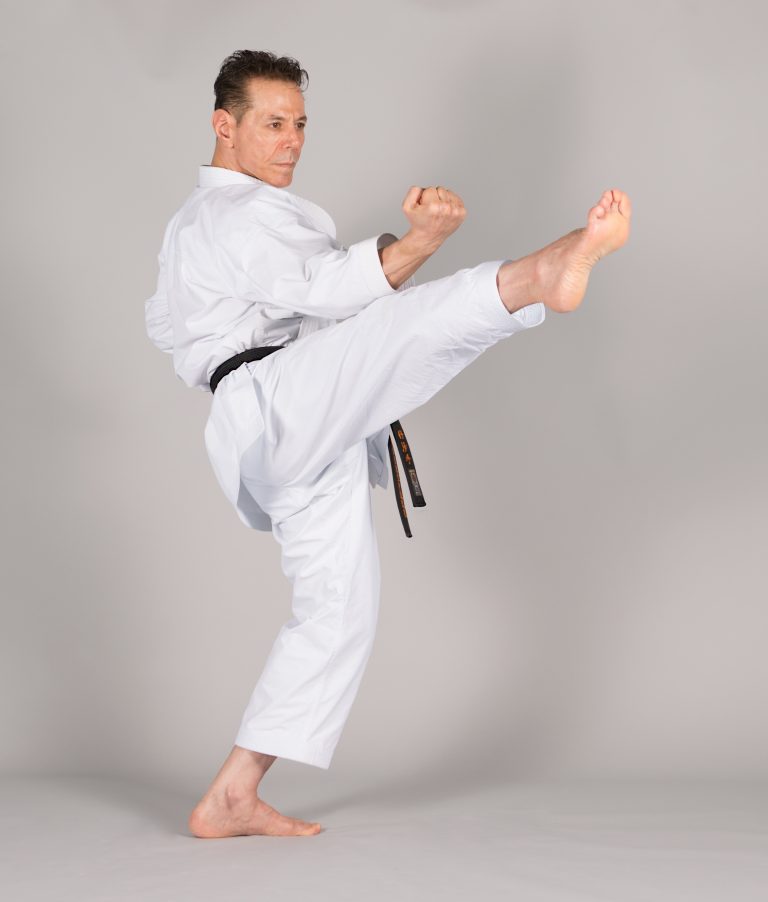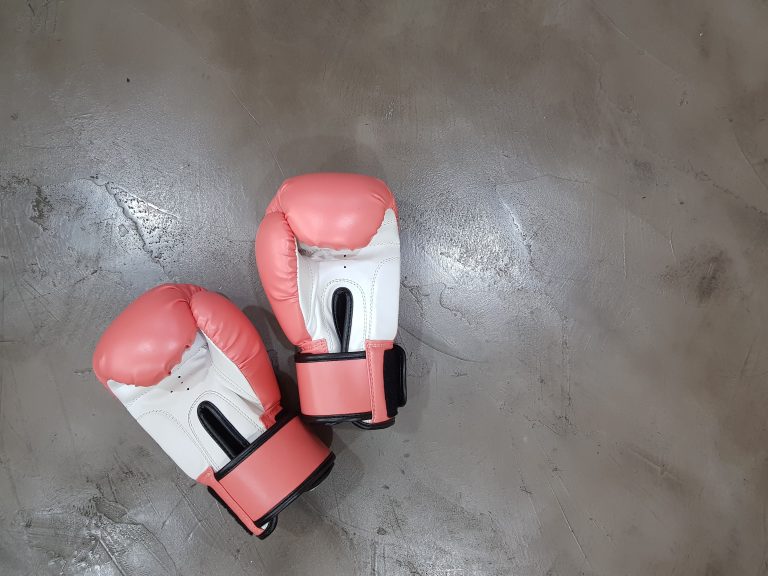Die Regeln der World Karate Federation-Schiedsrichter
Karate ist eine Kampfkunst, die weltweit bekannt ist. Es gibt viele Turniere, bei denen Karatekas ihr Können unter Beweis stellen können. Diese Turniere müssen von Schiedsrichtern überwacht werden, um sicherzustellen, dass die Regeln eingehalten werden. In diesem Artikel werden wir uns die Regeln der Schiedsrichter der World Karate Federation (WKF) genauer ansehen.
Regel 1: Aufwärmzeit
Vor dem Kampf gibt es eine Aufwärmzeit von maximal 2 Minuten. In dieser Zeit können die Karatekas sich aufwärmen und die Schiedsrichter können die Ausrüstung der Karatekas prüfen. Nach dieser Zeit müssen die Karatekas bereit sein und in der richtigen Kleidung und Ausrüstung antreten.
Regel 2: Kampfzeit
Die Kampfzeit beträgt in der Regel 3 Minuten. Es gibt aber auch Ausnahmen, je nach Altersklasse und Wettkampfniveau. In dieser Zeit müssen die Karatekas versuchen, so viele Punkte wie möglich zu erzielen.
Regel 3: Punkte
Die Karatekas können Punkte auf verschiedene Arten erzielen. Ein Punkt wird vergeben, wenn ein sauberer Treffer auf den Körper des Gegners erzielt wird. Ein weiterer Punkt wird vergeben, wenn ein Kick auf den Kopf des Gegners ausgeführt wird. Zusätzlich können weitere Punkte durch spezielle Techniken wie Takedowns und Würfe erzielt werden.
Regel 4: Strafen
Wenn ein Karateka gegen eine Regel verstößt, wird er vom Schiedsrichter verwarnt. Nach zwei Verwarnungen gibt es einen Strafpunkt und nach drei Strafpunkten wird der Karateka disqualifiziert. Verstöße gegen die Regeln können z.B. unsportliches Verhalten, verbotene Techniken, zu aggressives Verhalten oder Nichtbefolgen der Anweisungen des Schiedsrichters sein.
Regel 5: Sieger
Der Karateka mit den meisten Punkten am Ende des Kampfes ist der Sieger. Wenn es unentschieden steht, gibt es eine Verlängerung. Wenn es immer noch unentschieden steht, entscheiden die Schiedsrichter über den Sieger.
Diese Regeln können je nach Turnier und Altersklasse variieren, aber das grundlegende Regelwerk ist in allen WKF-Turnieren gleich. Wenn Sie also ein Karateka sind oder an Karate-Wettkämpfen interessiert sind, sollten Sie sich mit diesen Regeln vertraut machen.
Most Frequently Asked Questions About the Rules of World Karate Federation Referees
World Karate Federation (WKF) rules are standardized across tournaments worldwide. These rules specify the proper form of clothing, equipment, scoring rules, and behavior for Karate sports-related events. WKF referees are responsible for monitoring and ensuring that these rules are being followed. In this post, we will be answering some of the most frequently asked questions regarding WKF’s referee rules.
1. What Are the Main Responsibilities of the WKF Referees?
The primary responsibility of WKF referees is to enforce the rules and ensure fair play during a karate competition. Here are some of their core responsibilities:
- Starting matches
- Monitoring and enforcing the rules of the competition
- Stopping matches in case of injury or violation of the rules
- Calling the scores and fouls
- Providing guidance to the judges in the delimitation area
2. What Is the Role of Corner Judges?
Corner judges are additional referees who are positioned outside of the tatami (the competition mat) and are responsible for observing the techniques and tactics of the athletes. They do not have any decision-making abilities but provide information to the central referee, who can use it to guide their decisions.
3. What Are the Competitors‘ Responsibilities?
Competitors have to follow the rules outlined by the WKF, including the proper attire and equipment, gestures, and movements. They must also refrain from making contact with their opponents unless permitted by the rules.
4. What Happens If a Competitor Breaks the Rules?
If a competitor breaks the rules during a match, they may receive a warning, or points may be deducted from their score. If a competitor receives three warnings, they may be disqualified from the match entirely, and their opponent declared the winner. More severe violations may result in immediate disqualification from the tournament.
5. What Are the Scoring Rules in WKF?
The scoring rules in WKF are relatively simple. Athletes will receive one point for a punch or a strike to the head, neck, or abdomen, two points for a kick to the abdomen or a sweep, and three points for a successful kick to the head. Athletes can only score with techniques that are well-executed and demonstrate restraint and control.
6. How Are Tiebreakers Managed?
In situations where a karate match ends in a tie, the referee will call for an extension period or „golden point“ round for another minute. If no one scores within that minute, the referee will call the first athlete to have scored the winner.
7. What Is the Protest Process?
If a coach, athlete or team feels that there has been an error in a decision made by the referee, they can file a protest, asking for a review. They must submit their protest in written form within one hour of the end of the match, accompanied by a fee. The head judge will review the protest within 24 hours, and, if deemed appropriate, will adjust the decision made by the referee.
8. What Are the Requirements of Referees?
To become a WKF referee, an individual must have attended and passed a WKF referee course, which includes written and practical examinations. They must also have a clear understanding of the rules, strong decision-making skills, and the ability to maintain control of the match.
9. What Is the Attire for Karate Referees?
Karate referees must wear a white karategi and a blue or red belt, which matches the color of the corner they are officiating. They must also wear a red or blue armband, which corresponds with the color of the competitors‘ belt for that match.
10. Are the Rules of WKF Referee the Same Everywhere?
Yes, the World Karate Federation has standardized rules for karate sports events worldwide. Competitors, coaches, and referees are expected to follow these rules, with no exception.
Conclusion
The rules and regulations of WKF are not only essential for running a fair karate competition but also for the athletes‘ safety. WKF referees play a crucial role in ensuring that these rules are being followed in a structured and diligent manner. We hope that this article has answered some of the most frequently asked questions regarding WKF’s referee rules, including the responsibilities of referees and competitors, scoring rules, and tiebreakers.
Inhaltsverzeichnis






